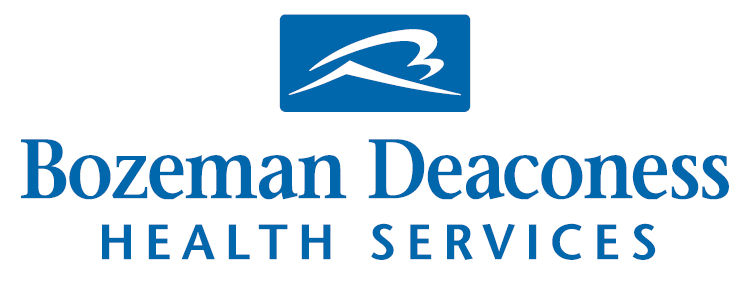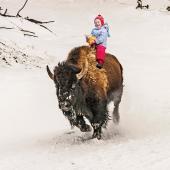MythBusters: Diets Edition
Food fads debunked.
This spring, as you attempt to lose that winter weight, don’t get caught up trying to navigate your way through the latest fad diet. None of them are going to necessarily help you traverse the mountains any faster, and they could even jeopardize performance. Mountain athletes need calories, and while losing weight can help improve your mile time at your next trail race, there are many factors to consider, such as the following.
Ketogenic
Diet: The “Keto” diet alters the body’s metabolism to use fat as the primary fuel source, with macros following an 80% fat, 15% protein, 5% carb guideline. The intended purpose for a ketogenic diet is to treat individuals with epilepsy and cancer to slow the progression and symptoms of the disease.
Myth: Enables individuals to lose weight faster leading to better performance.
Fact: Current research shows no supporting evidence that a ketogenic diet is more effective for weight loss than a “regular” calorically restricted diet. We’ve seen no difference in visceral body fat; good cholesterol increased in both a normal calorie-restricted and keto-restricted calorie diet; and bad cholesterol increased in a ketogenic calorie-restricted diet compared to a normal calorie-restricted diet. Research is also suggesting that a regular diet consisting of a higher carb and lower fat ratio leads to improvements that are vital in athletic performance, such as speed of processing and cognition.

Atkins & Low-Carb Diets
Diet: Low-carb diets limit carbohydrates as a percentage of overall calories in a person’s diet.
Myth: Low-carb diets will enable individuals to lose more weight faster. Carbohydrates are converted to fat in the body thus a low-carb diet is needed to prevent gaining fat stores.
Fact: When it comes to weight loss, the only thing that matters and holds true is calories in, calories out. You must be in a calorie deficit to lose weight regardless of the composition of your diet. Likewise, if an individual does not burn more calories than he or she consumes, those extra calories will be converted to fat regardless of the energy source.
Gluten & Dairy Free
Diet: A gluten- or dairy-free diet restricts gluten and/or dairy. These diets are for individuals who have a gluten or lactose intolerance, or celiac disease.
Myth: Gluten and dairy are unhealthy.
Fact: Individuals with a lactose intolerance or celiac disease should not consume gluten or dairy; however, these nutrients are not unhealthy. In fact, there are many foods that contain these nutrients that are very healthy. The only reason these nutrients should be avoided is due to an intolerance that causes discomfort.
 |
 |
There you have it: three popular weight-loss programs demystified. This spring, whether you’re training for a bucket-list ultra or a backcountry bike-pack, remember that if dropping pounds to improve performance is on your list, it’s all about calories in, calories out.
Emely Lambert is a registered dietitian at Ridgeline Fuel in Bozeman.











